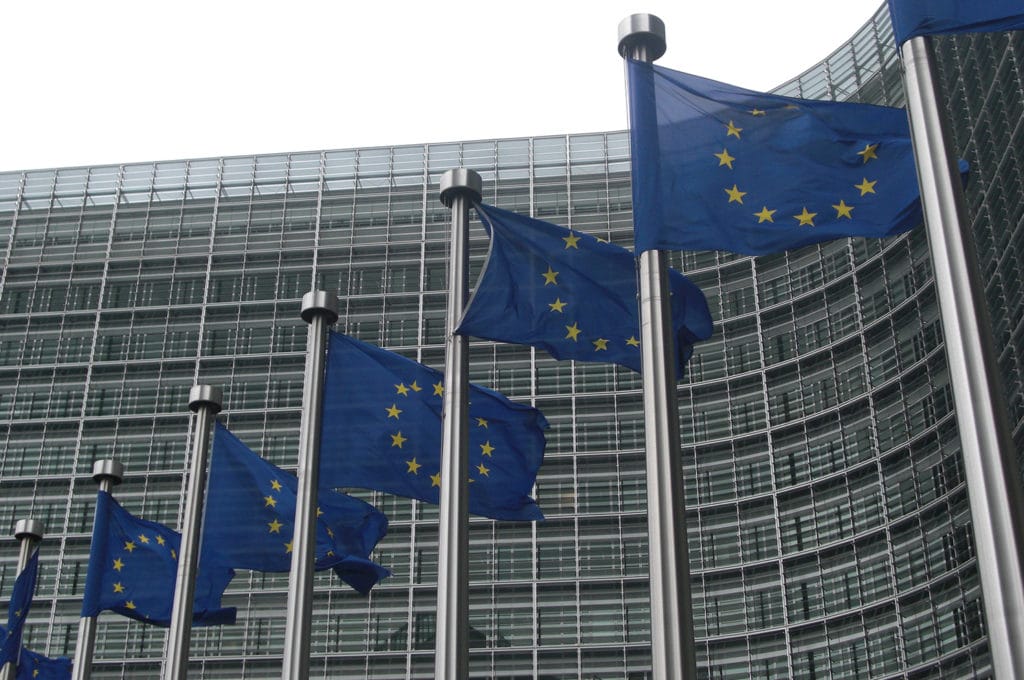Insights Into the Euro Crisis and Financial Contagion

The European debt crisis that started in 2009 has had devastating effects and has strained relations throughout the European Union. These effects have had global ramifications.
And it isn’t over.
Recent work by Division of Politics & Economics Professors Graham Bird and Tom Willett on the crisis’ causes—as well as the flawed efforts to resolve this continuing problem—is receiving prominent attention in several leading journals focused on international policy, including World Economics and The World Economy, as well as The Encyclopedia of Financial Globalization.
“The causes of the recent plague of currency and financial crises have strong roots in international finance and domestic and international political economy. They also exhibit behavioral biases,” explained Willett. “These dimensions of the crisis play to the strengths of our division.”
Bird and Willett trace the causes of the euro crisis back to the euro’s creation, which they argue was politically motivated and ignored the warnings of mainstream economic theory. This, they claim, made an eventual crisis highly probable. It was a crisis waiting to happen.
The severity of the crisis was increased, they suggest, by faulty institutional designs and by the creation of perverse incentives facing the public sector (think Greece’s fiscal crisis) and the private sector (think housing bubbles, over-borrowing, and excessive bank lending).
Once the crisis erupted, it proved extremely difficult to resolve.
“While there has been a great deal of research undertaken on monetary integration, there has been relatively little done on monetary disintegration,” Bird said. “Experience in the Eurozone has certainly shown that ‘breaking up is hard to do.’ ”
In their most recent work, Bird and Willett, along with doctoral student Wenti Du and visiting scholar Eric Pentecost, have been investigating the behavior of financial markets during the crisis, particularly the phenomenon of “contagion.“ Their innovative research has led to a suite of papers in Open Economies Review, Applied Economics, and The World Economy.
This research has examined the extent to which “contagion” from one country to another was based on irrational market forces or reflected sensible responses to economic and political weaknesses that were revealed as the crisis progressed. They find that both explanations have a contribution to make.
“To explain what’s going on,” Willett said, “it’s necessary to combine economic and political analysis with the kinds of decision-making biases you find in behavioral and neuroeconomics.”
The research also challenges conventional wisdom that this contagion became less pronounced as the crisis evolved.
An additional phase of their research has explored the effects of the crisis on European countries outside the euro area and discovered that the financial centers of the UK and Switzerland experienced a significant “safe haven” effect as opposed to contagion.
For Bird, their research “has clear implications for policy-makers as they attempt to reduce the vulnerability of the euro area to future crises. A better understanding of contagion helps to formulate policies that can mitigate the forces that can severely destabilize domestic and international financial markets.”
Bird and Willett, along with their collaborators, are continuing research on this concept of contagion and the channels through which it occurs.
“Our research forms an important part of the vibrant research agenda of the university’s Claremont Institute for Economic Policy Studies,” said Willett, director of the institute.